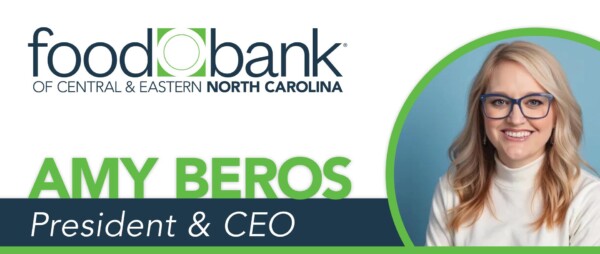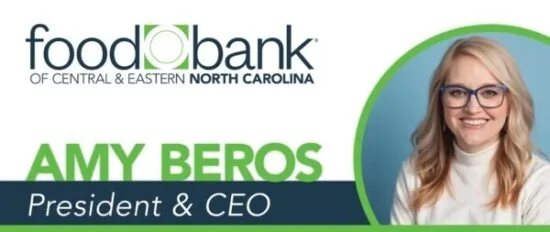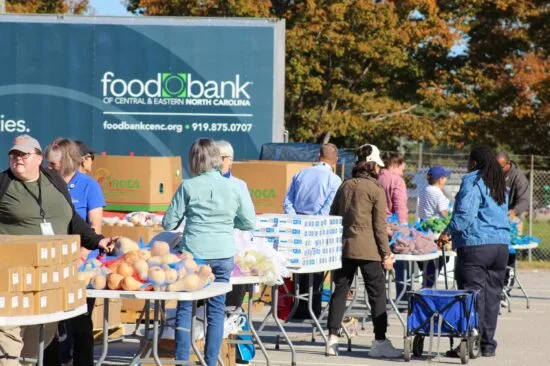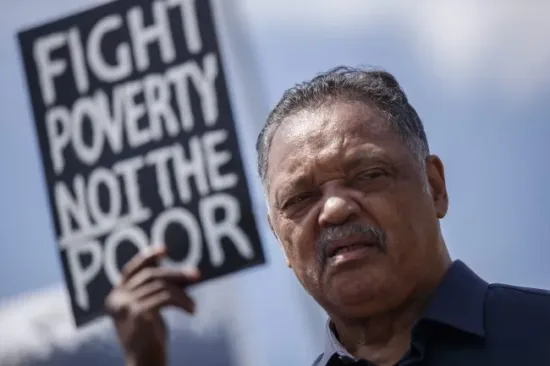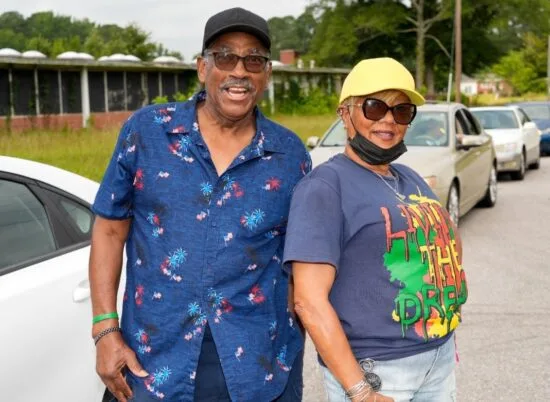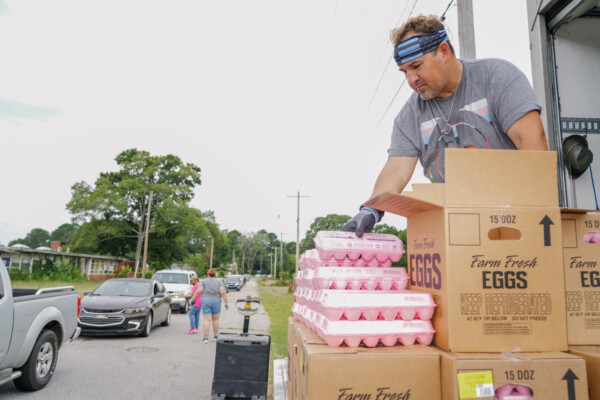
Hunger is rising in North Carolina.
We run into people every day — at the grocery store, doctor’s office, or out pumping gas — who don’t have the resources to consistently keep food on the table.
These challenges aren’t isolated. We’re talking about one in seven people. One in five children.
It’s the worst crisis we’ve seen since the Great Recession, when so many of us lost our jobs, our homes, our retirement savings. And just like then, this moment demands that we take action for our communities and for each other.
Sadly, politicians in Washington are taking major steps back from longtime commitments to critical hunger relief programs.
Federal funding cuts and program terminations point to even steeper cutbacks at the state level. Across North Carolina, our Food Bank network stands to lose tens of millions of dollars in funding for food purchases — combined with ongoing disruption to USDA food supplies. It’s a perfect storm that will make our existing crisis even worse.
As the cost of groceries, housing, and healthcare continue to climb, we will be here. Our Food Bank network will be the first place many families turn when ends no longer meet. And no matter what happens in Washington or at the General Assembly, we will keep doing everything we can to get healthy, locally grown food to people and families who need it most because we know neighbors are counting on us.
That’s where you and I come in. Because community-led solutions are the only way forward.
More kids, seniors, and working adults face food insecurity today than any point in recent memory — and Hunger Action Month is our chance to turn the tide. We must show up as volunteers, sustaining donors, and advocates for policy change.
It’s also an opportunity to bring others with us:
These are challenging times, but every action matters. And there’s no challenge this community can’t meet when we stand together.
Thanks for standing with us and with our communities,
